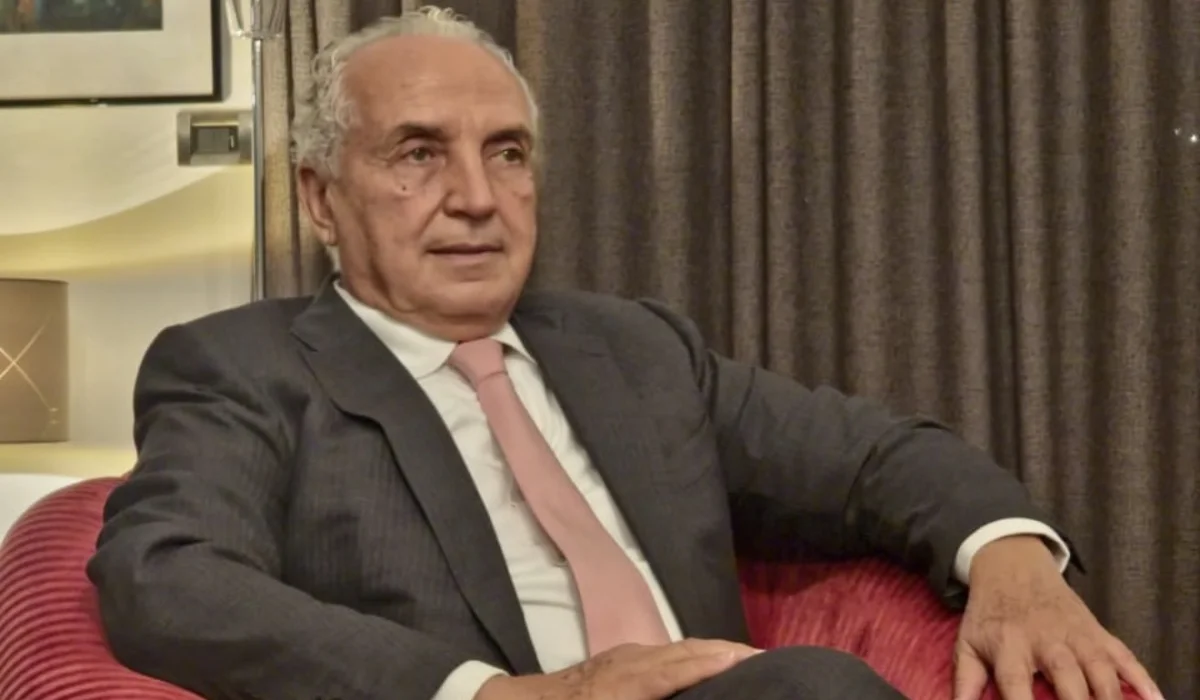
| News
Exclusive: Husni Bey to Sada: “This is What We Hope to Achieve Through Unifying Development Spending”
Libyan businessman Husni Bey told our source in an exclusive statement:
“There has been widespread welcome for the new Libyan agreement, the ‘Unified Development Program.’”
He added:
“The Libyan public — especially those interested in economic affairs — has shown strong approval following the announcement of the signing of the ‘Unified Development Program’ agreement between the House of Representatives, represented by MP Issa Al-Araibi, Chairman of the Energy Committee in Parliament, and the High Council of State, represented by Abdeljalil Abu Sneiya, in the capital Tripoli. The meeting today was attended by the Governor of the Central Bank of Libya, Mr. Nagy Issa.”
He continued:
“This rare consensus between the two branches of the legislative authority represents an important national step toward supporting financial stability, unifying development efforts across the country, and enabling the Central Bank of Libya to develop and manage long-awaited monetary policies.”
He also stated:
“Observers hope that Libya’s executive authorities will support this joint initiative between the House of Representatives and the High Council of State, especially in light of the international welcome expressed by several countries. This initiative is considered the first purely Libyan move aimed at unifying fiscal and monetary policy away from competitive deficit-financed spending, which has driven inflation higher and weakened the Libyan dinar. Uncontrolled spending — regardless of intentions — remains one of the main reasons for the erosion of purchasing power and the impoverishment of citizens.”
He continued:
“And the greatest hope among the general public is that this agreement will lead to effective monetary policies that strengthen the dinar and support development.”
He concluded:
“Most importantly, we look forward to fully implementing what has been agreed upon without resorting to deficit spending, which leads to the collapse of the dinar and the impoverishment of the people.”





